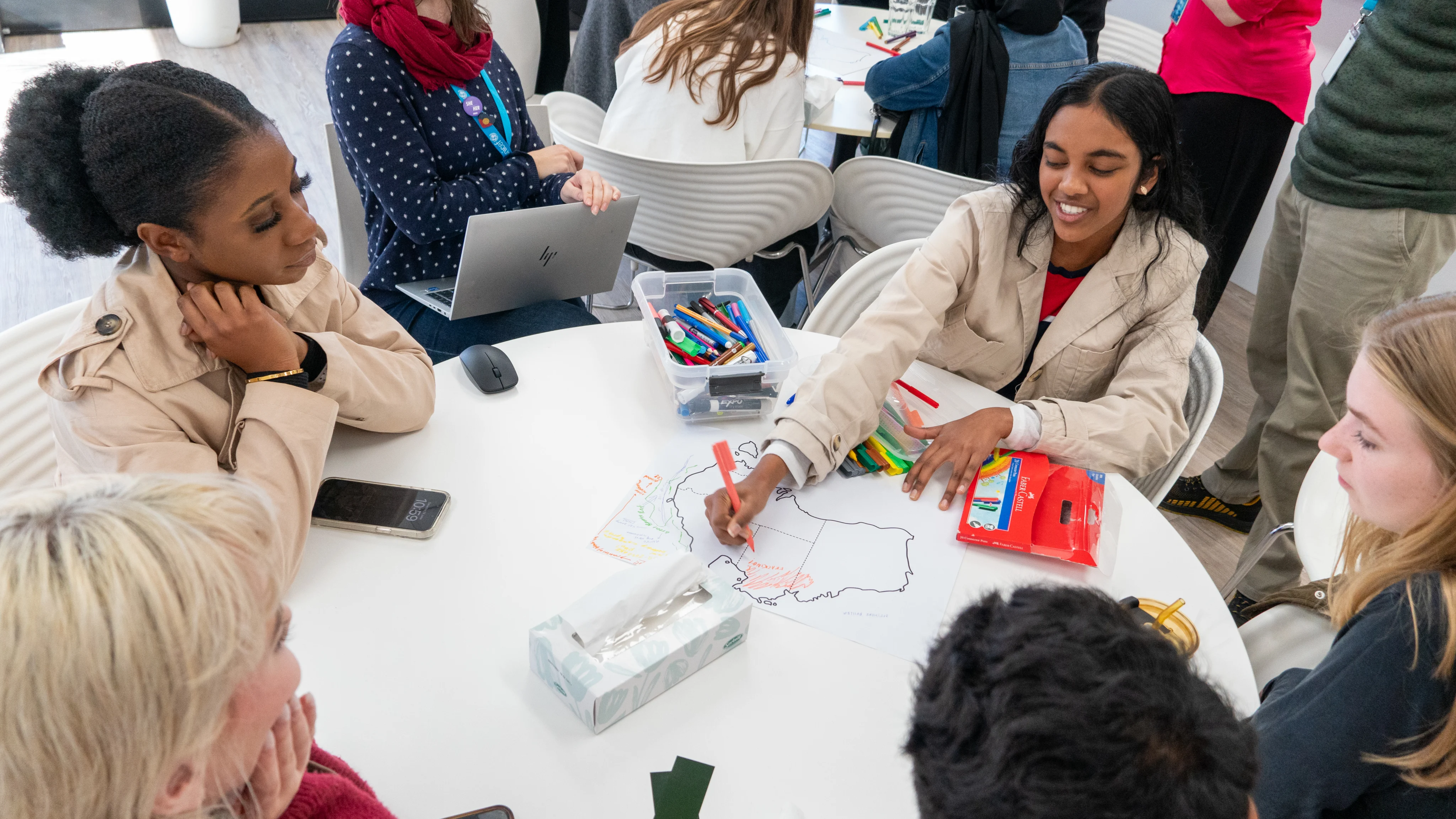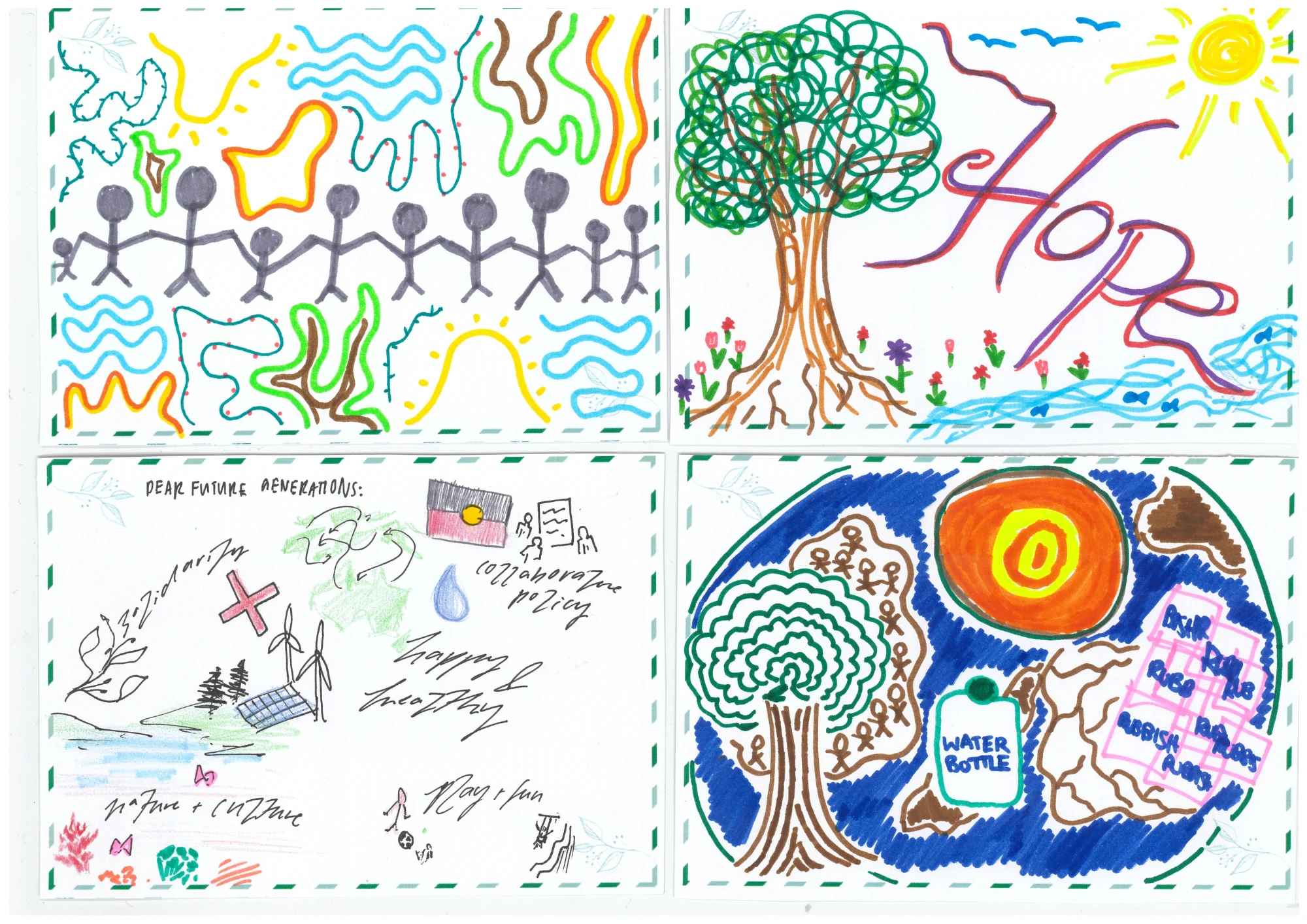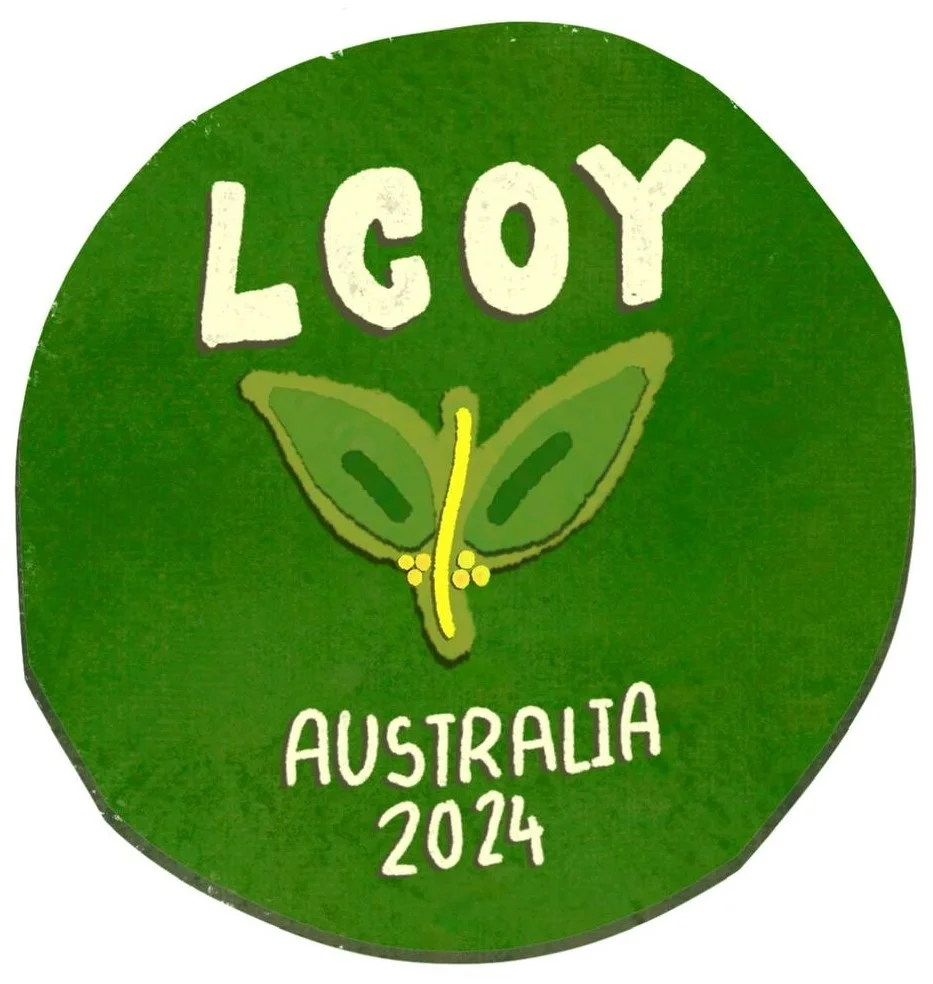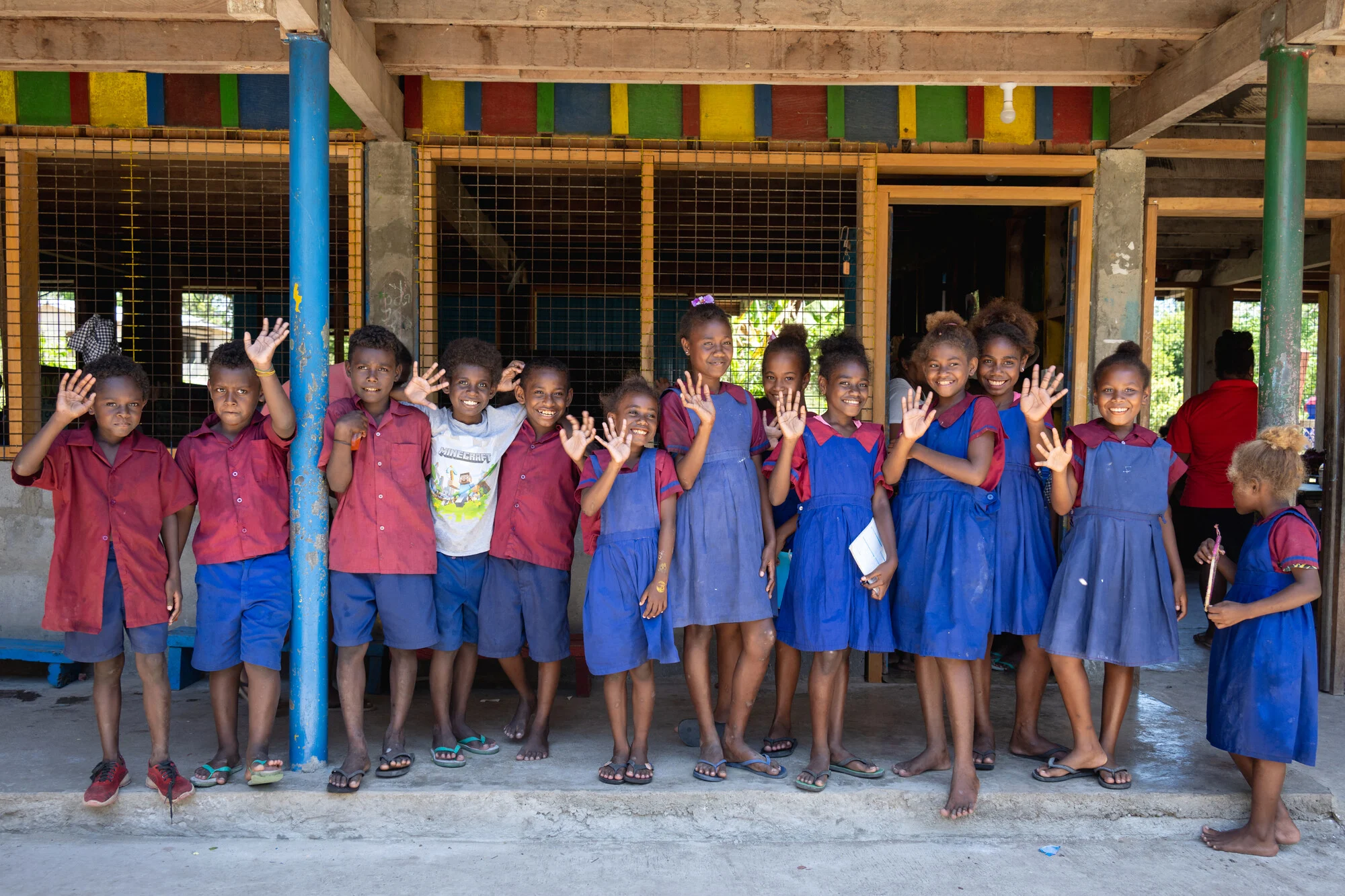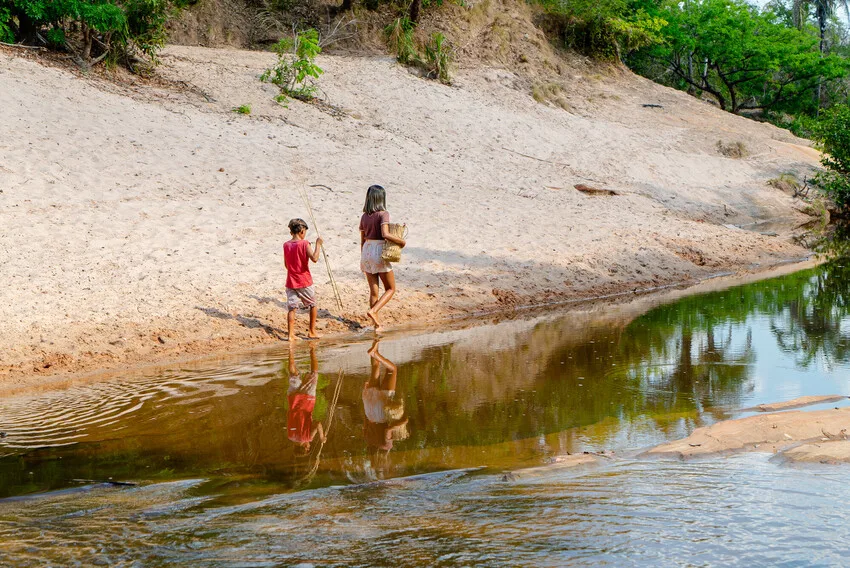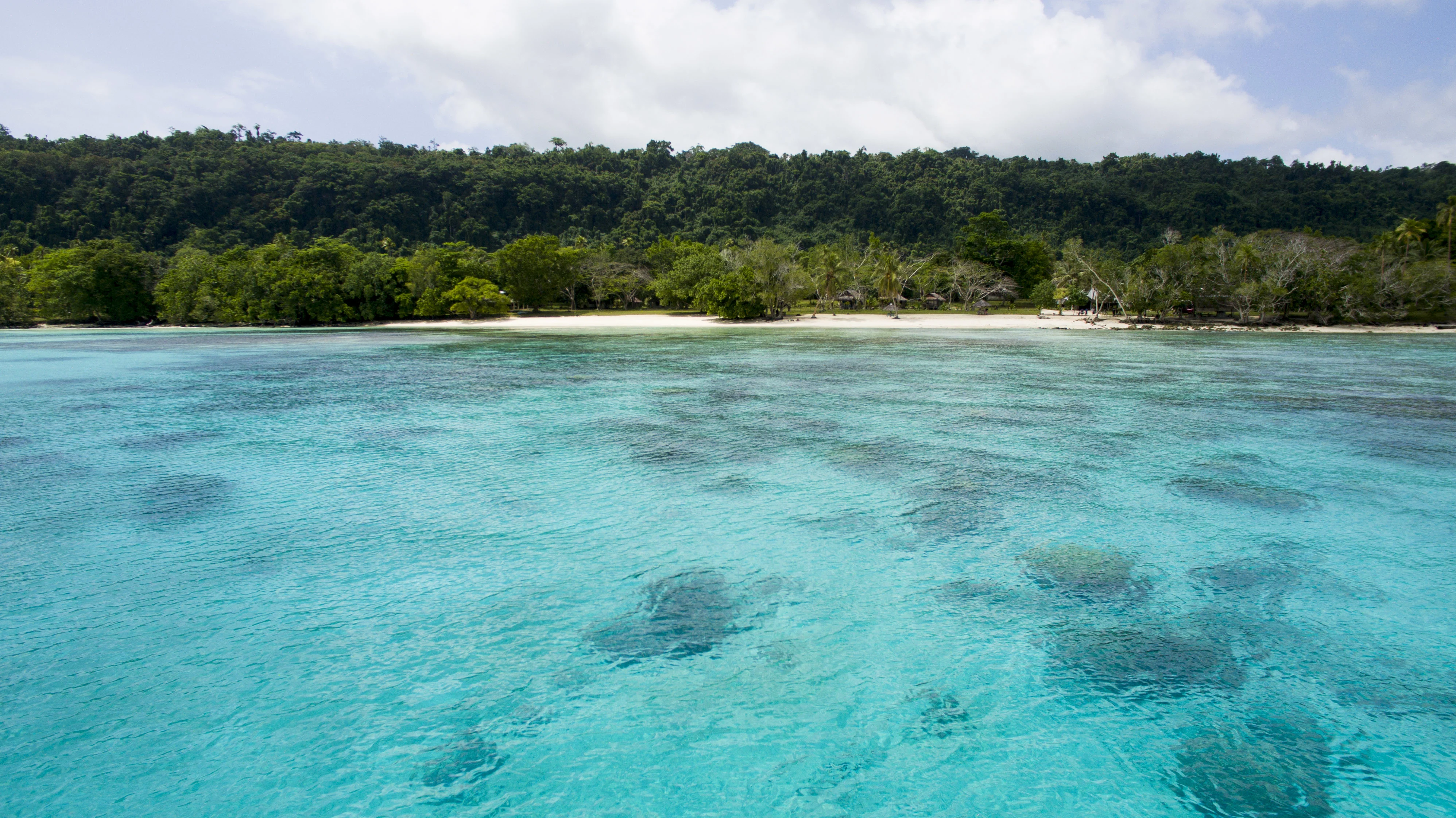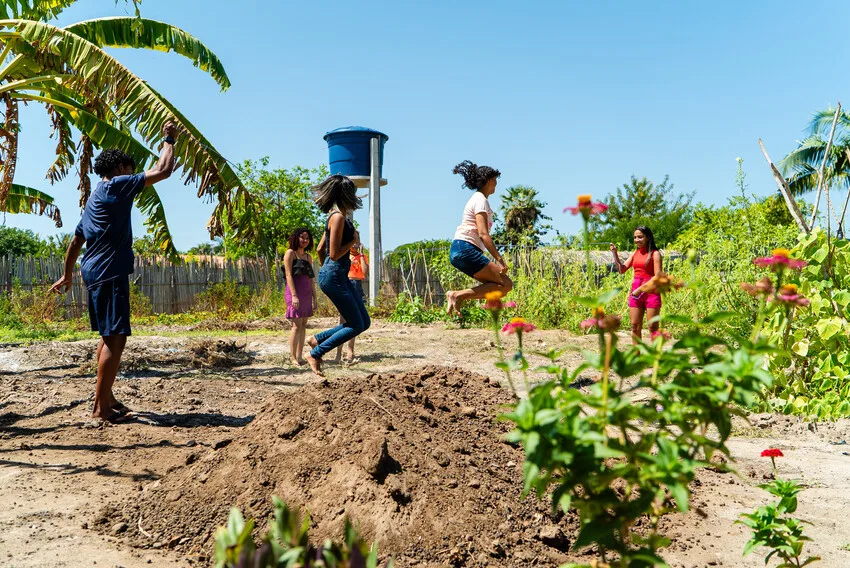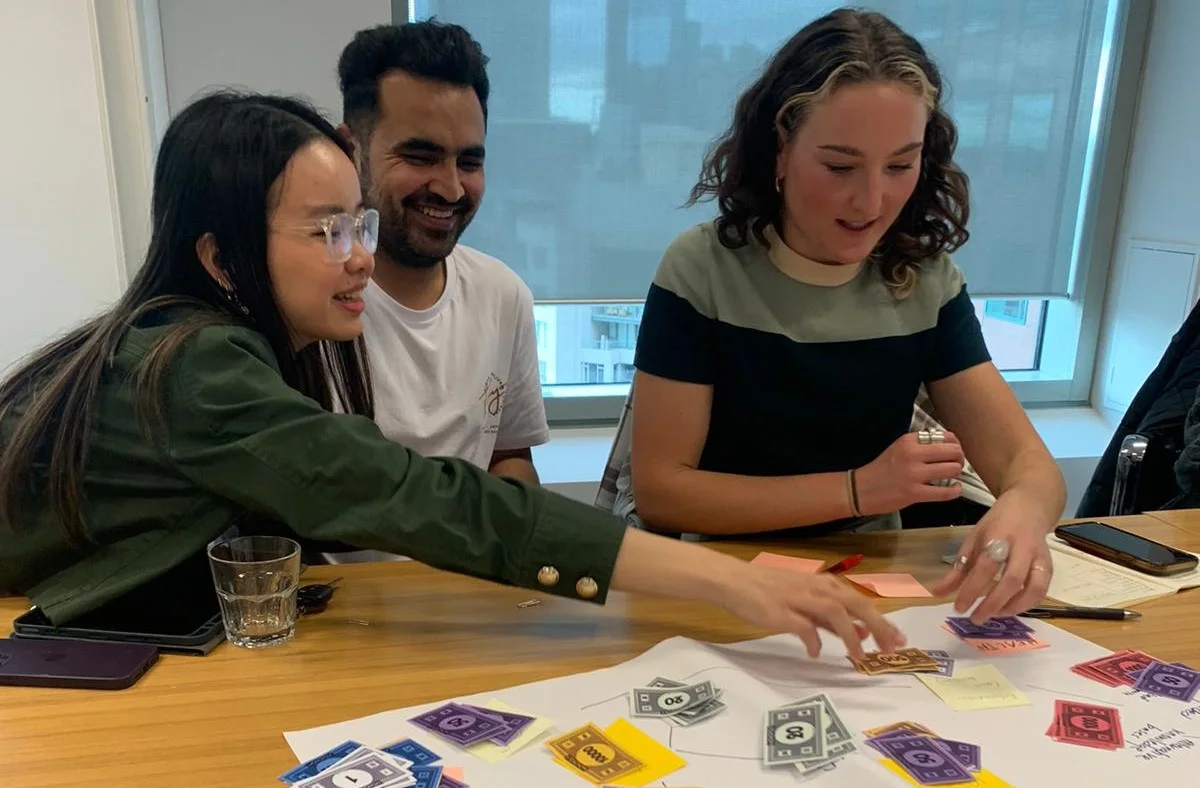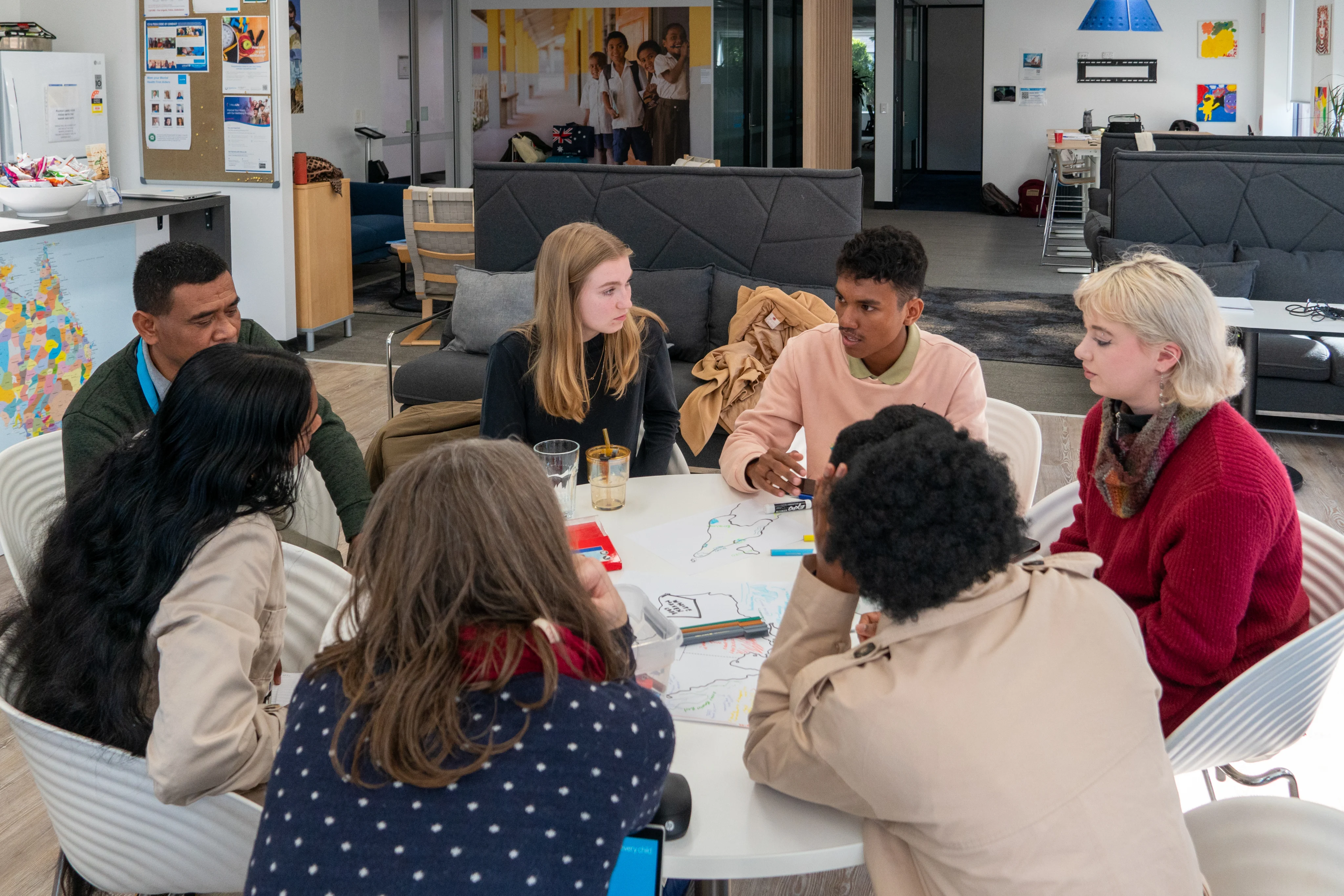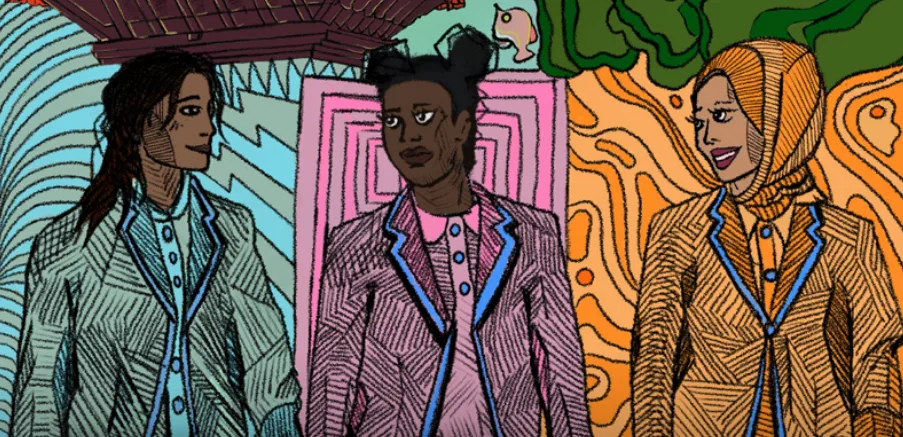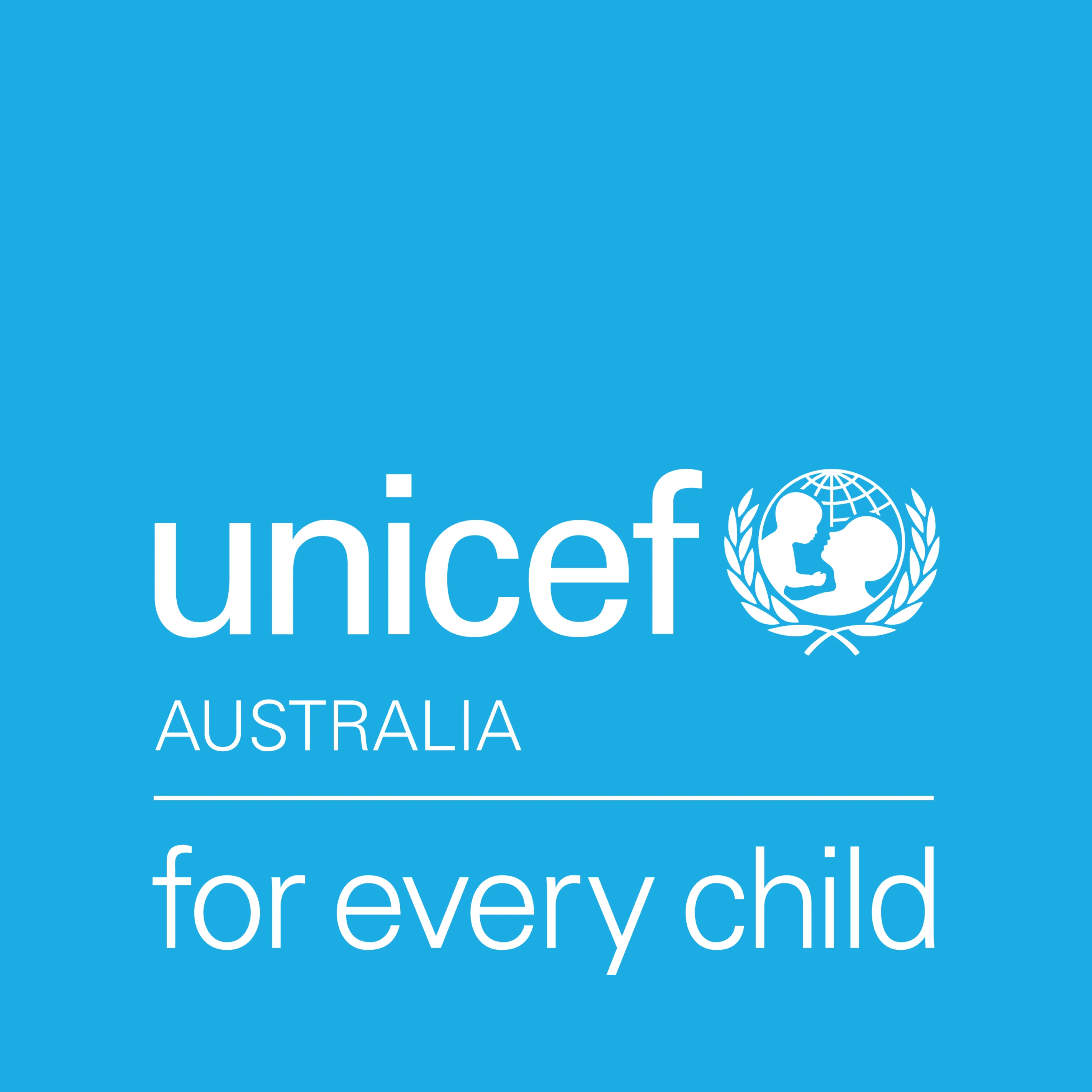Australian Local Conference of Youth
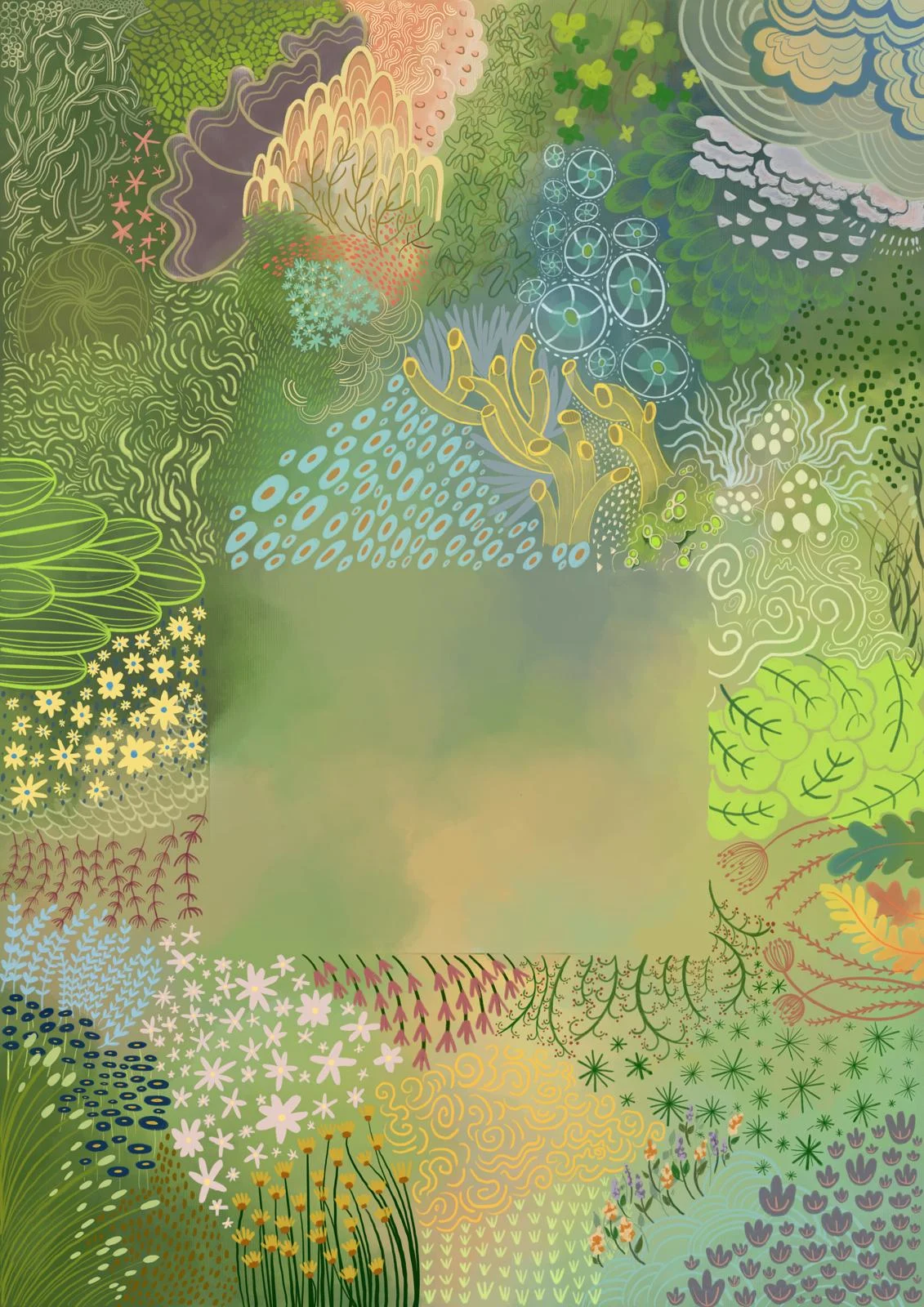
What is a Local Conference of Youth?
The Local Conference of Youth (LCOY) is a national conversation for children and young people on climate change.
LCOY is an initiative of YOUNGO, the official youth and children constituency of the United Nations Framework Convention on Climate Change (UNFCCC). LCOYs take place all over the world.
In Australia, LCOY is supported by Australian Youth for International Climate Engagement (AYFICE), Plan International Australia and UNICEF Australia.
The aim of LCOY is to collate young people's experiences and ideas into a National Children and Youth Statement, which contributes to the Global Youth Climate Statement that is submitted to the Conference of Parties (COP).

National Child and Youth Statement
The National Child and Youth Statement was prepared after seven face-to-face consultations between May to July 2024. The consultations took place in Sydney, Melbourne, Brisbane, Canberra, Mount Gambier (South Australia) and Wyndham (Western Australia). Over 190 children and young people were consulted.
The Statement summarises their opinions, perspectives, realities and lists of actions they see as necessary for achieving a just and sustainable future for all.
Seventeen young people were part of an organising group that was supported by Plan International Australia and UNICEF Australia. The LCOYs were designed and led by young people, for young people.
A group of young Australians will be going to Canberra in September and attending COP29 in November to share their findings with key decision-makers.
Themes of the 2024 National Child and Youth Statement
The following seven themes have been shaped by the realities and actions that young Australians see as necessary for achieving a just and sustainable future for all.
- First Nations and Pasifika knowledge and practices
- Mitigation
- Nature and biodiversity
- Adaptation
- Climate finance
- Youth engagement and education
- Gender and climate
Logo designed by Plan International Australia Youth Activist Abreshmi

The seven themes: a breakdown
First Nations and Pasifika knowledge and practices
The valuing of First Nations and Pacific perspectives and ways of knowing and being in relation to Caring for Country and preventing and addressing the impacts of climate change, was a prominent theme throughout the consultations.
Mitigation
Mitigating the impacts of climate change and transitioning to renewable energy is seen as vital and urgent by young people. Young people believe that the Federal Government has a duty of care to protect them from the adverse impacts of climate change. They want to see the Australian government support mechanisms such as the Duty of Care Bill.
Nature and biodiversity
Young people recognise the need to restore ecosystems, including marine ecosystems, and protect biodiversity, to ensure future generations can experience and benefit from Australia's biodiversity and landscapes. They want to see the inclusion of a diversity of voices in conversations about nature protection - including the voices of young people.
Adaptation
Young people highlight the importance of adaptation, particularly locally-led adaptation, to reduce vulnerability to climate change impacts such as weather extremes, sea-level rise, food insecurity and biodiversity loss. Participants highlight the importance of disaster preparedness and risk reduction and ensuring that those in regional and remote communities have the knowledge and resources to effectively respond to climate-related disasters.
Climate finance
Young people highlight the importance of loss and damage finance for wealthy countries like Australia to be accountable for their historical emissions that contributed to the climate crisis. Participants note that although children and young people account for nearly 40% of the world’s population, only a small portion of climate finance goes towards children and girls, on the frontlines of the climate crisis (less than 2.4% from key multilateral climate funds).
Youth engagement and education
Young people are concerned about the lack of transparency and accountability in climate decision making. Many young people feel they are not meaningfully considered in climate decision making, even though they will experience the most prolonged impacts. Young people want better climate education, that includes First Nations knowledge and practices, as well as stronger civics education on climate justice, including how the climate crisis is impacting low-income countries.
Gender and climate
Participants recognise the different ways people are impacted by climate change due to their gender, and the ways in which climate change exacerbates gender inequality, and particularly the link between climate change, disasters and increases in gender-based violence.
Participants call for a centring of young women's voices, particularly women of colour, First Nations' women, Pasifika women and LGBTIQ+ young people, on issues of gender and climate.



